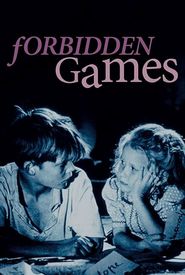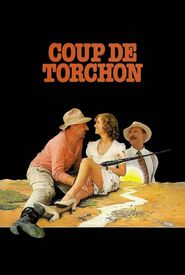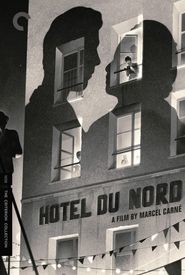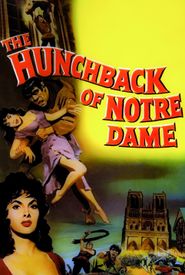Jean Aurenche, a renowned French writer and director, took his first breath on September 11, 1904, in the charming town of Pierrelatte, situated in the Drôme region of France. Born with a passion for storytelling, Aurenche went on to create a legacy of remarkable films that captivated audiences worldwide. His most notable works include the critically acclaimed "The Judge and the Assassin" (1976),the poignant "L'étoile du Nord" (1982),and the iconic "Let Joy Reign Supreme" (1975). Throughout his illustrious career, Aurenche left an indelible mark on the world of cinema, leaving behind a treasure trove of memorable characters, thought-provoking themes, and masterful storytelling.
Person Biography:
Jean Aurenche was born on September 11, 1904, in Pierrelatte, Drôme, France.

























